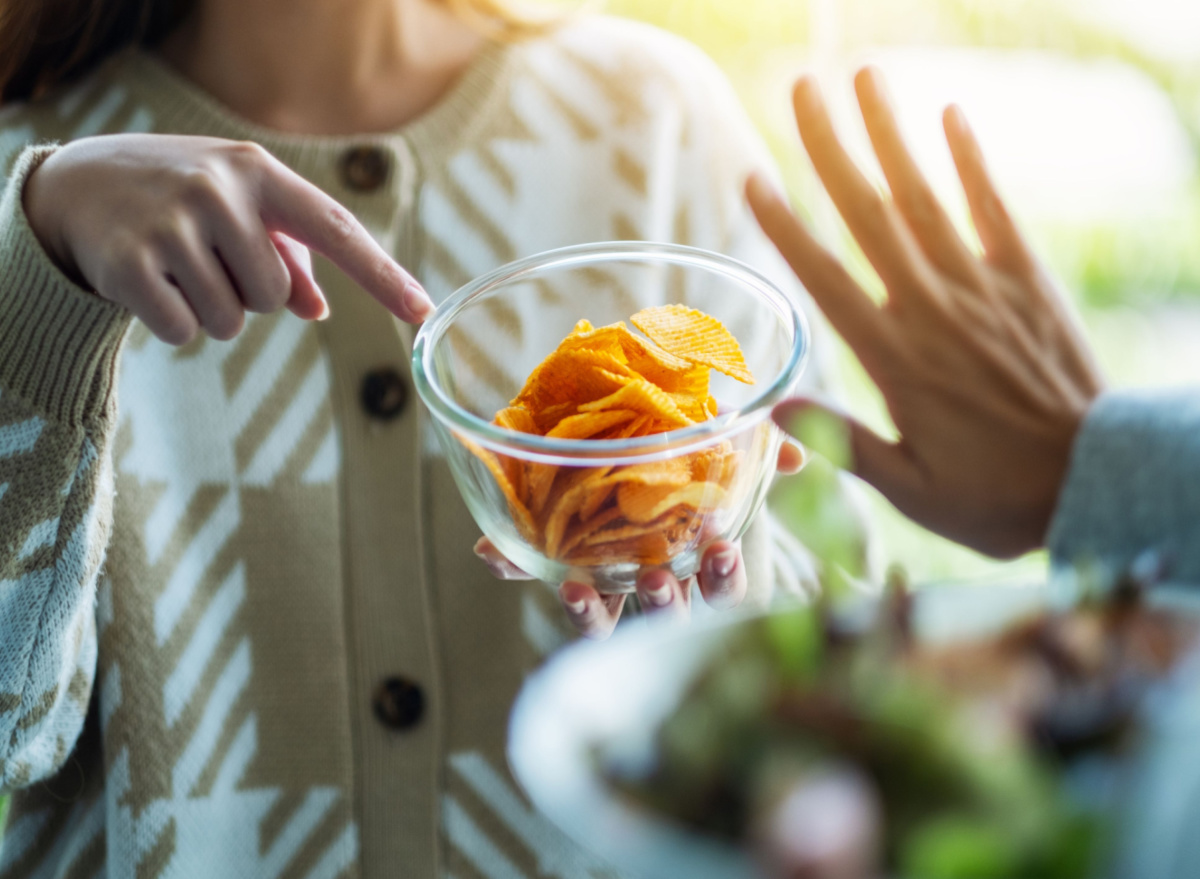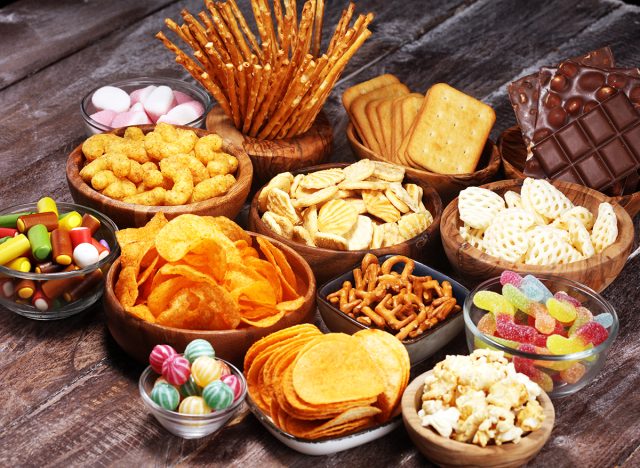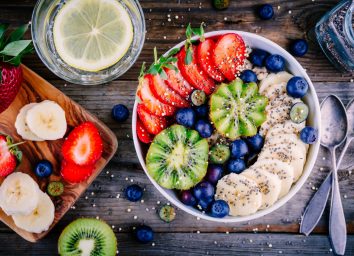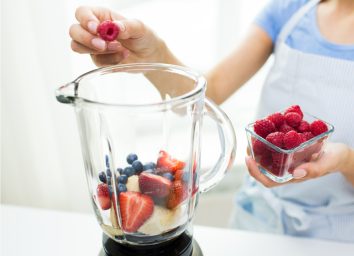
Trendy diets, herbal supplements, and frequent exercise are just some of the factors you may have heard linked to longevity. While all three of these may play roles in creating a healthy body, what if we told you longevity could be improved by making one simple improvement in your eating habits? Luckily, increasing longevity and improving your health doesn't require restrictive eating and expensive supplements, it just takes some diligence in your food choices. The number one best eating habit for a longer life is to eat less processed food.
Processed food and drinks can be a very broad category that includes a lot of different items, more than we could possibly name here. An easy way to distinguish processed food is to simply look at the ingredient list. If there are more than a couple of ingredients listed, it is likely considered a processed item. While a raw chicken breast that has been packaged with a salt solution as a preservative would not be considered processed, a deli meat that has preservatives, flavorings, and gelling agents would. Plain rolled oats would not be considered processed, while an oat-based cereal would. And, don't forget, there are plenty of processed beverages out there too, like soda (diet and regular), bottled coffee drinks, energy drinks, and flavored milks are just some of the popular processed beverages available. In summary, the more ingredients listed on a food package, the more likely that item is to be processed.

So, what is the problem with processed food anyway? While some of the modified and packaged items can be part of a well-rounded, healthful diet, this category of food is more likely to contain ingredients that may be negative for your health. For example, added sugar, chemically based ingredients, preservatives, flavor enhancers, and food dyes and colorings. In small amounts, these ingredients may not cause any health issues, but when foods containing these ingredients make up a large percentage of your total food intake, it may be a sign that you're over-consuming worrisome ingredients. Not only do many processed foods contain these ingredients, but valuable nutrients are also lost during the processing, making these foods less nutrient dense.
While processed foods can be convenient and tasty, it is best to choose foods as close to their original state as possible. For example, fresh and frozen fruits and vegetables generally do not have any ingredients added to them. Whole grains, like oats, brown rice, quinoa, and dry beans and lentils are other examples of foods that are single-ingredient and only processed enough to separate the edible portion of food from the plant from which it grew. Nuts, seeds, and meat are other examples of foods that are minimally processed and can be found without added salt, flavorings, and preservatives.
Eating more foods in their natural state will likely lead to a higher intake of essential nutrients, like vitamins, minerals, antioxidants, and fiber, and lower consumption of questionable ingredients. If you are used to having a bowl of cereal for breakfast, try swapping it for oatmeal. Instead of both bread and crackers at lunch, try serving your sandwich ingredients over the crackers and swapping the bread for sides of fruits, veggies, and nuts. If pasta is a go-to for dinner, trade the processed noodles for spaghetti squash or serve your ground meat and marinara sauce over a baked sweet potato instead.
While it may take a little more preparation and thoughtfulness to reduce the processed ingredients in your eating habits, there are plenty of delicious and versatile ingredients to use in their place. And, you get the added advantage of supporting your health when choosing to consume fewer processed foods and drinks.









